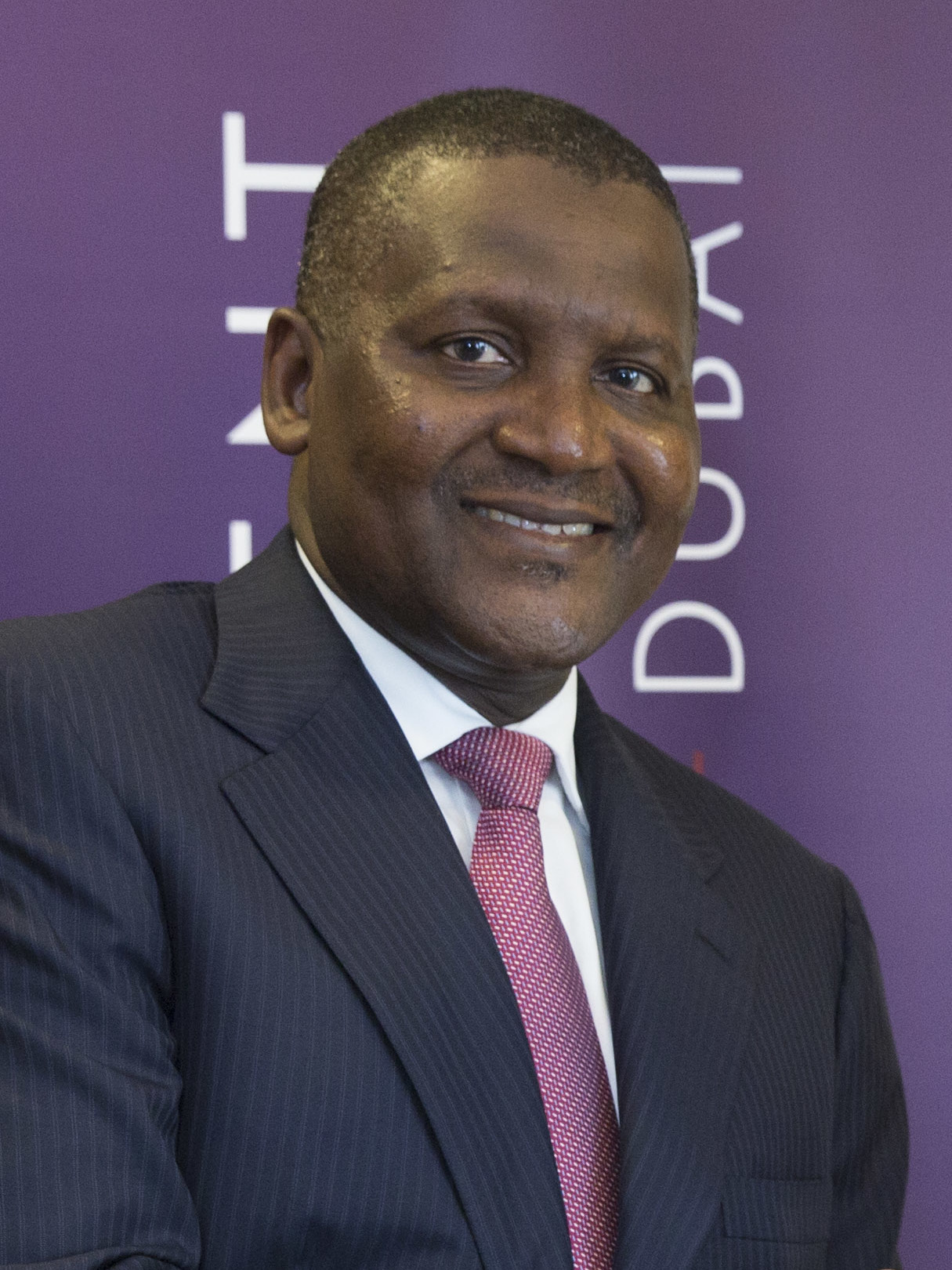The Central Bank of Nigeria (CBN) has retained the country’s Monetary Policy Rate (MPR) at 27.50 per cent citing improvement in economic indices.
The apex bank’s governor, Olayemi Cardoso announced the decision on Thursday at the 299th Monetary Policy Committee Meeting (MPC).
The decision comes after the National Bureau of Statistics (NBS) rebased the Consumer Price Index (CPI).
After rebasing, the general price level of goods and services, dropped from 34.80 per cent in December 2024 using the previous methodology to 24.48 per cent in January 2025 with the rebased methodology.
The food inflation rate dropped from 39.84 per cent measured in December using the old methodology to 26.08 per cent in January after rebasing.
The CBN has since under its former Governor, Godwin Emefiele battled to moderate inflation to a single digit using an unorthodox monetary approach.
Cardoso’s team has adopted an orthodox approach to ensure price stability.
In the last MPR of 2024 held in November, the MPC voted to raise the MPR by 25 basis points to 27.50 per cent from 27.25 per cent on account of inflation.
Cardoso said the committee voted unanimously to retain MPR at 27.50 per cent in the first MPC of 2025 and retain all parameters.
The MPC retained “the asymmetric corridor around the MPR at +500/-100 basis points.
“Retain the Cash Reserve Ratio of Deposit Money Banks at 50.00 per cent and Merchant Banks at 16 per cent. Retain the Liquidity Ratio at 30.00 per cent.”
Experts had criticised the decision to rebase the CPI saying it does not reflect a drop in prices of goods and services.
” It’s important to remember that while the prices of the goods in the CPI basket have indeed increased, the 10 per cent reduction in the reported inflation rate is only due to the change in the measurement timeframe, not an actual price decrease.
“Remember that a change in the base year does not automatically cause the final figure to rise or fall,” a financial expert Kalu Aja said.
Aja said it was right for the CBN not to lower its monetary policy rate, which it uses to combat inflation over the inflation report.
He said the CBN was not expected to cut MPC “Simply because the inflation rate has ‘fallen’? If the CBN were to reduce rates prematurely, it might lead to excessive monetary expansion.
“CBN should focus on boosting growth through credit to small and medium-sized enterprises (SMEs), as a tight and restrictive monetary policy harms SMEs, which are the primary job creators.
“Psychologically, a lower inflation number seems like a win, but the hope is that it’s not a pyrrhic victory showcasing form over substance.”
Cardoso also said that his foreign exchange reforms have restored sanity in the forex exchange market.
The governor said the reforms have reduced the gap between the official and parallel market rates below one per cent.
The apex bank governor said the administration has been on the path of ensuring that it delivers a foreign exchange market that is deep and transparent.
He said it is also the aspiration of the CBN to have an easy entry and exit into the foreign exchange market.
Cardoso said, “There have been a series of measures which have been taken from the outset, including, of course, wiping out the multiple exchange windows, which, quite frankly, if you recall, have cost the federal government, have cost this country an enormous amount of money.
“So, our ability to close those gaps and ensure that we have a system that is more open, more transparent, our ability to take on the whole issue of diaspora remittances and IMTOs at some point in time.”
The governor said the country has lost more to forex arbitrage and multiple exchange windows than losses from the subsidy on PMS of two per cent and three per cent of GDP.
According to the CBN boss, initiatives like the FX Code, B- Matching System positioned the market to be more open and transparent concerning buying and selling of forex.
He said, “The window or the differential in rates between the BDCs and the official rate has come down to maybe less than one per cent.
“The FX code is one in a number of measures, which importantly, have brought all the different key stakeholders together to agree on the different practices for which foreign exchange market will be transacted.
“And at that particular forum where this signing was done, I just want to remind people that we had a lot of commitment from the banks because they are major players in that industry.
“The chairman of the banks, the CEOs, and the chief compliance officers were invited to that forum. And we also at the bank were present and we all signed up to this international code, which covers ethics and we are doing business and the consequences for not doing things the proper way.”
He said the banking community has been supportive and fulfilled their own part of the bargain.
Cardoso added, “I think that clearly, in my view, has sent the right signal to the market and has brought about greater transparency and greater accountability, which is what it should be or what it should have been in the past.
“So, we have merely taken our market back to what it used to be.
“The rates have moderated, which is not surprising. And the differential between the official and the black market has also come down to very insignificant amount.”





